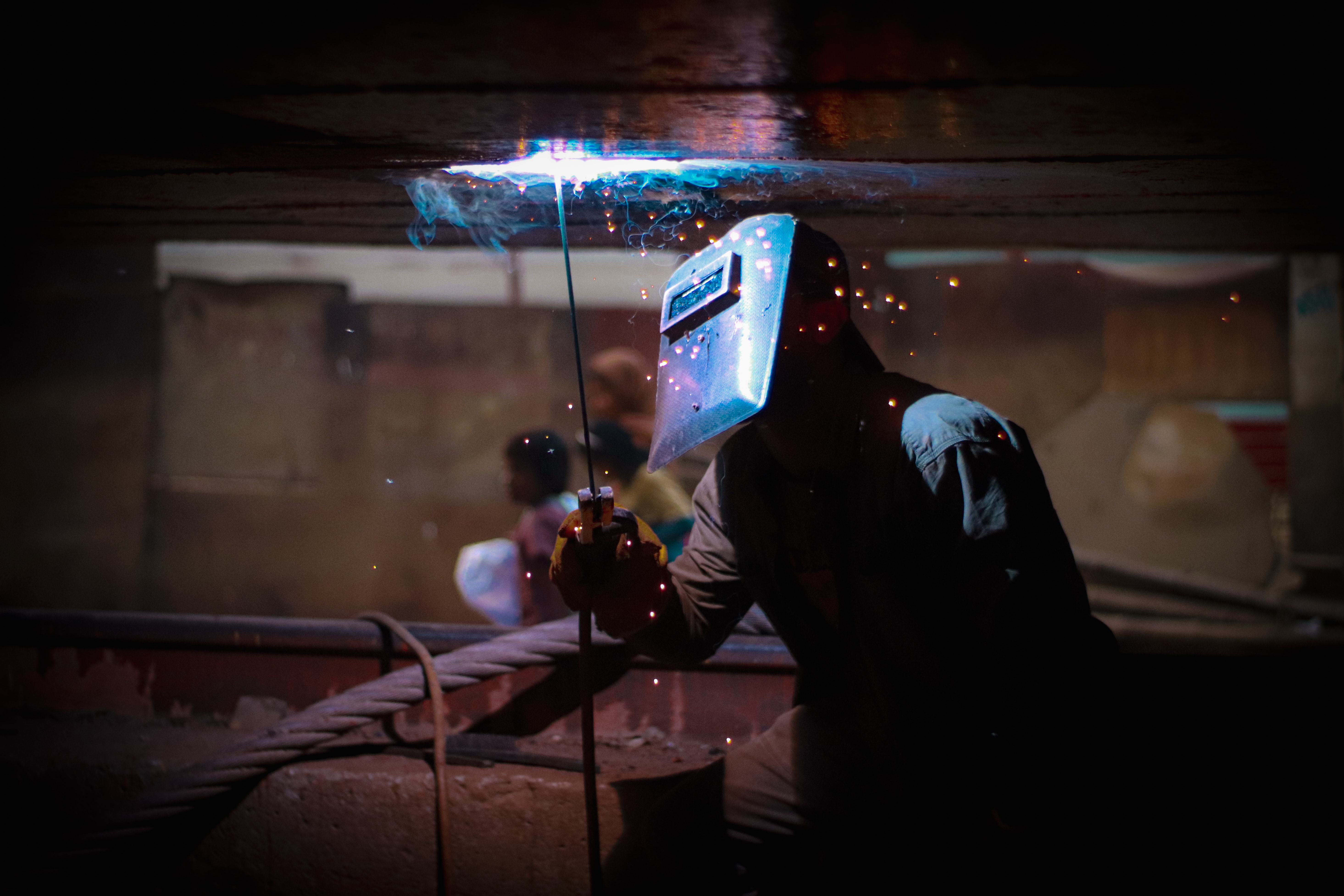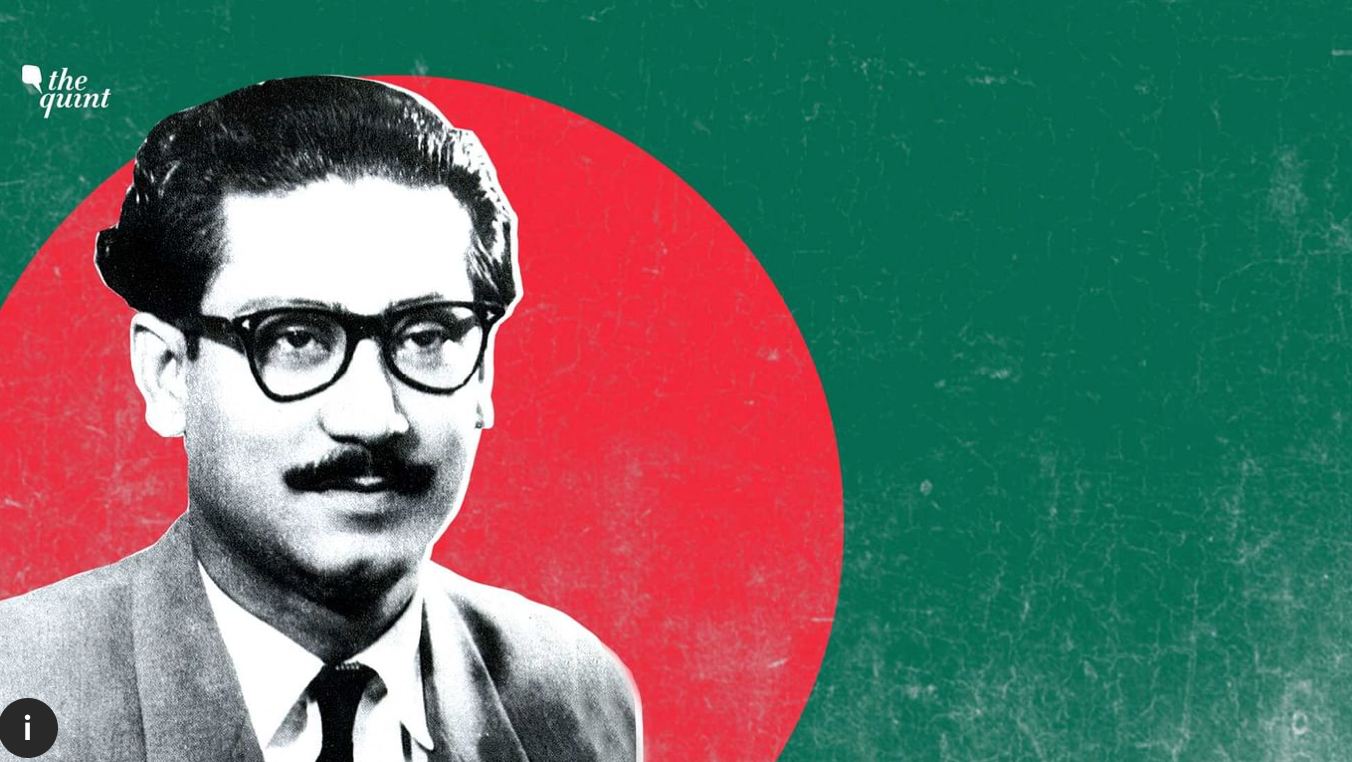Despite constitutional provisions and protections for equal access to justice for all her citizens, the reality of getting justice is a very different story for the people of Bangladesh. In this brief post, Arafat Reza Jaan reflects on the reasons why, and how some of them may be addressed to improve access to justice for people of Bangladesh.
On 22 May 2002 unidentified assailants shot down Binoy Krishna Sarkar, Commissioner for Ward 72 in Dhaka. A reputed news portal reported 20 years later, in 2022, that the case had seen ‘little visible progress’. On 20 March 2016, Sohagi Jahan Tonu, a college student, was found dead in Cumilla. Six years later, it was revealed by a newspaper that little progress had been made, and family members were losing hope of ever receiving justice.
These are just a couple of examples from a sea of cases that have met the same fate or worse. When I read such unfortunate stories, I am reminded of a learned lawyer who once wrote: ‘instituting a lawsuit in Bangladesh can often mean planting a tree that keeps growing year after year, but never comes along with flowers and fruits.’
Against this backdrop, this post explores the various barriers that make access to justice in Bangladesh so elusive, despite a number of commendable initiatives undertaken by the government and NGOs over the years. But before that, let me define access to justice and how it is protected as a legal right in the country.
*
Simply put, access to justice is a fundamental tenet of the rule of law, implying that everyone has access to and can use existing mechanisms to enforce their rights and seek redress when their rights are violated. Lord Neuberger has identified the following eight components of access to justice:
- a competent and impartial judiciary
- accessible courts
- properly administered courts
- a competent and honest legal profession
- an effective procedure for bringing a case before the court
- an effective legal process
- effective execution
- affordable justice
The Constitution of Bangladesh, which enshrines the inviolable rights and duties of the land, guarantees access to justice through several provisions, including Article 27 and Article 31. The former provides that ‘All citizens are equal before law and are entitled to equal protection of law’; the latter that ‘To enjoy the protection of the law, and to be treated in accordance with law, and only in accordance with law, is the inalienable right of every citizen, wherever he may be, and of every other person for the time being within Bangladesh, and in particular no action detrimental to the life, liberty, body, reputation or property of any person shall be taken except in accordance with law.’
Both these are Fundamental Rights and Article 26 provides that all existing laws that are inconsistent with Fundamental Rights are void, and the State shall not make any law that is inconsistent with these rights. The provisions of a number of international human rights instruments that Bangladesh has agreed to uphold such as the Convention on the Rights of Persons with Disabilities concretise its commitment to protecting access to justice further.
*
The first major barrier to accessing justice is the massive case backlog and delay in the disposal of cases. There are over 3.9 million cases pending in different courts, with the final disposal of some cases taking up to 10 to 20 years, and sometimes up to 60 years. The national backlog of cases grows by about 200,000 each year.
The second barrier is a severe lack of manpower and diversity in key places. For example, there are 1,900 lower court judges for approximately 170 million people, with women accounting for only 35 per cent of the entire judiciary.
Third, there is a crying need for appropriate infrastructure in key institutions. Courts, for example, are not fully accessible to those with physical disabilities due to a lack of wheelchair accessibility, ramps, elevators or adapted seating.
Finally, there needs to be more awareness and access to information regarding the laws, complaint mechanisms, and legal aid initiatives throughout the country.
In addition to these, the fear of reprisal from influential members of their locality discourages many, particularly those living in rural areas, from seeking justice. Besides, as the courts are primarily located in urban areas, people living in rural areas are particularly disadvantaged when seeking legal assistance.
Also, members of the adjudicatory panel of village courts are allegedly biased against women and make decisions without due regard for the laws due to a lack of legal knowledge.
To delve deeper into the barriers, I interviewed Masrur Salekin, an Additional District and Sessions Judge in Bangladesh. He told me: ‘women victims of various sexual offences feel uncomfortable and unsafe in lodging their complaints. The male-dominated state mechanism and the method of medical examination is an addition to the other obstacles in accessing justice. Also, the fear of courts, unregulated fees of lawyers, outdated laws, and proceduresare also acting as barriers.’
A discussion about barriers to access to justice in Bangladesh would be incomplete if we overlook the fact that the country is burdened with limited resources and a large population. Therefore, providing access to justice for all in this country is anything but an easy task. Bangladesh has made steady, albeit slow, progress toward ensuring access to justice, and various people deserve praise for their efforts. Nevertheless, much remains to be done so that the people of Bangladesh are able to access justice freely and fairly. Law reforms, providing effective training, building effective mechanisms, increased accountability, ensuring adequate funds, and increased public awareness, among other things, will be very beneficial and useful, as a starting point.
*
The views expressed here are those of the author and do not represent the views of the ‘South Asia @ LSE’ blog, the LSE South Asia Centre or the London School of Economics and Political Science.
This blogpost may not be reposted by anyone without prior written consent of LSE South Asia Centre; please e-mail southasia@lse.ac.uk for permission.
Banner image © Tingey Injury Law Firm, 2020, Unsplash.







